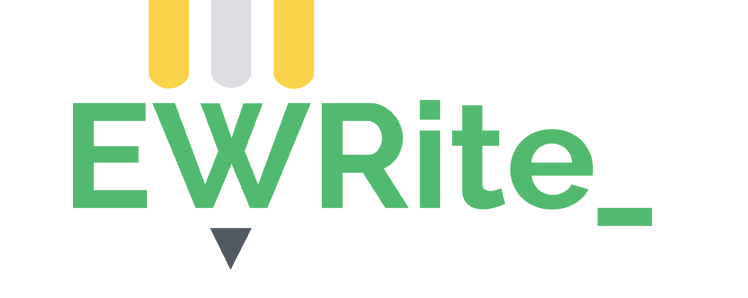
The Writing Requirement Package | The Reading Requirement Package
| > | Introduction |
What to assess | How to assess | Criteria for assessment
III. Assessment of reading When formulating reading assessment tasks, CAR teachers may take the following aspects into account:
How to assess
The PolyU's policy paper "Implemetnation guidelines on the Writing and Reading Requirements" in section b) under Reading Requirement:
Specifically, at the textual level, reading assessments should be able to assess students' ability to:
(source: Fulcher, G & Davidson, F (2007) Language Testing and Assessment: An advanced resource book, Oxon: Routledge. 68.) To read critically is to make judgements about how a text is argued. This is a highly reflective skill requiring you to "stand back" and gain some distance from the text you are reading. At a critical level, reading assessments should be able assess students' ability to:
Source: Critical Reading towards critical writing. Written by Deborah Knott, Director of the New College Writing Centre. Available online at http://www.writing.utoronto.ca/advice/reading-and-researching/critical-reading (accessed on 18 January 2011) |
|
| > | Engaging students in reading | ||
| > | Assessment | ||
| > | Templates for reading activities | ||


